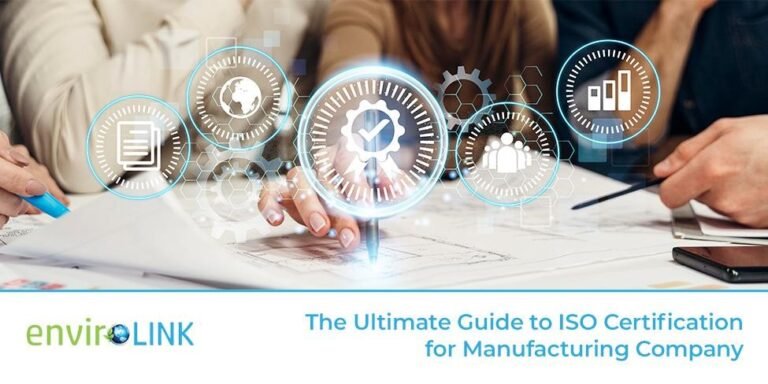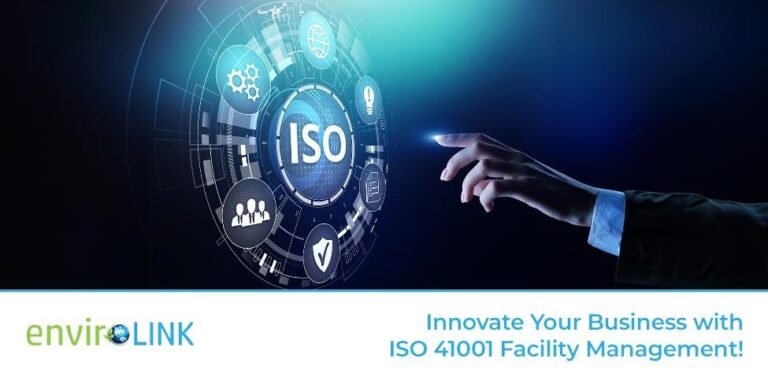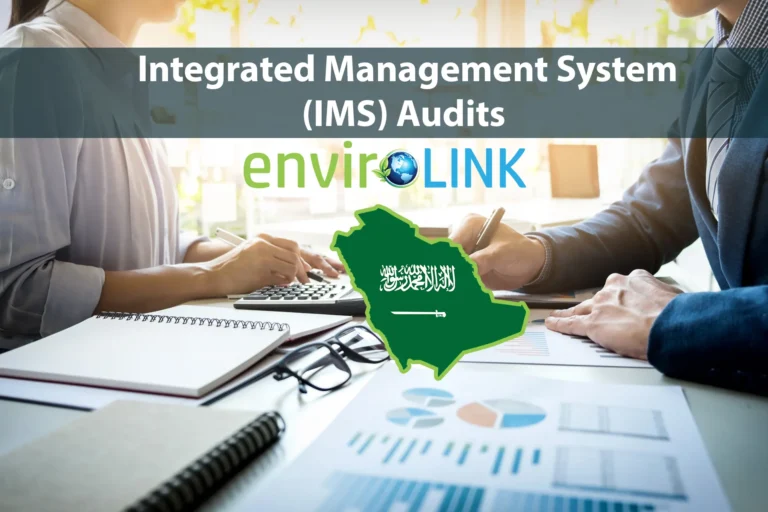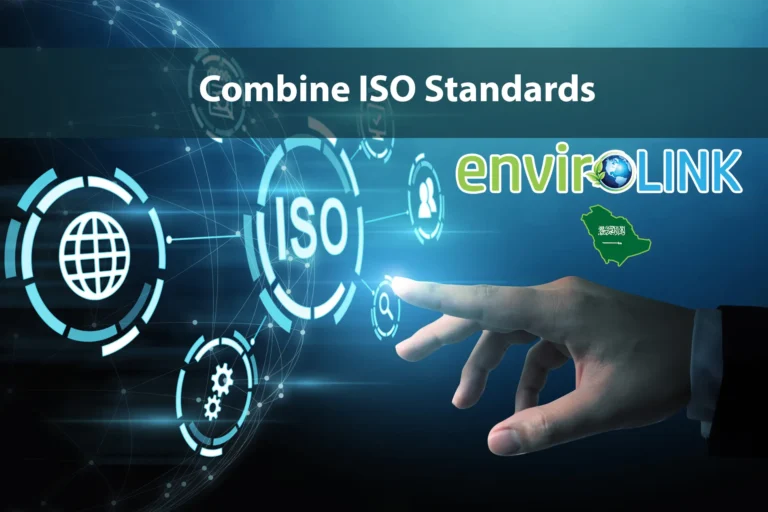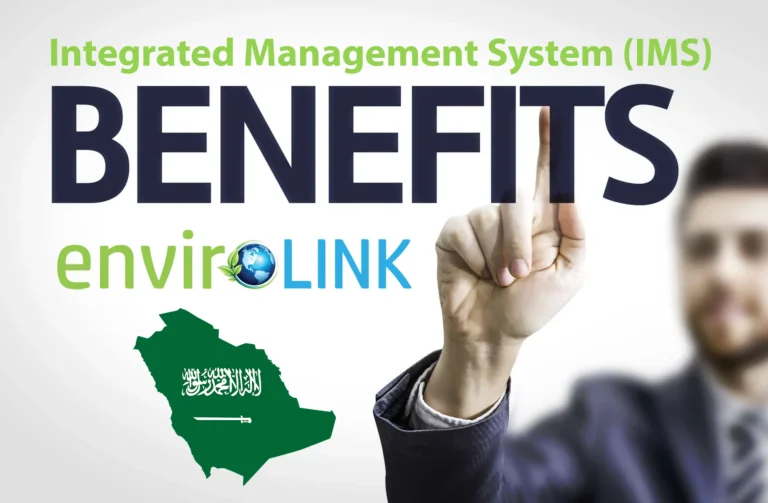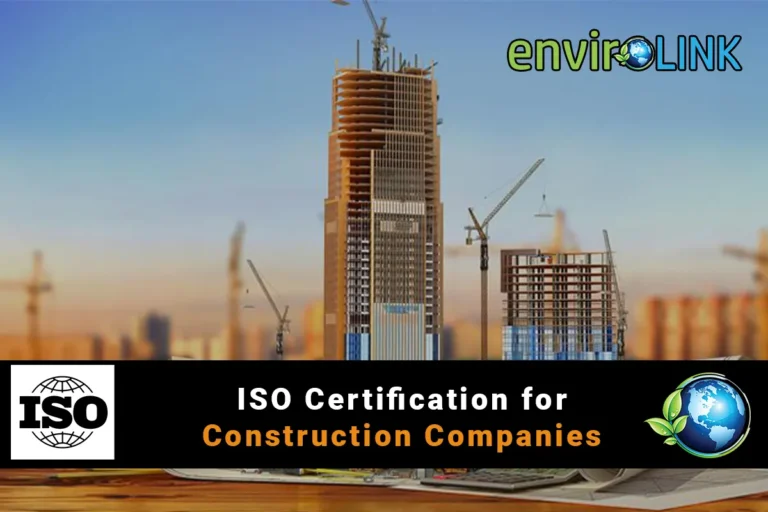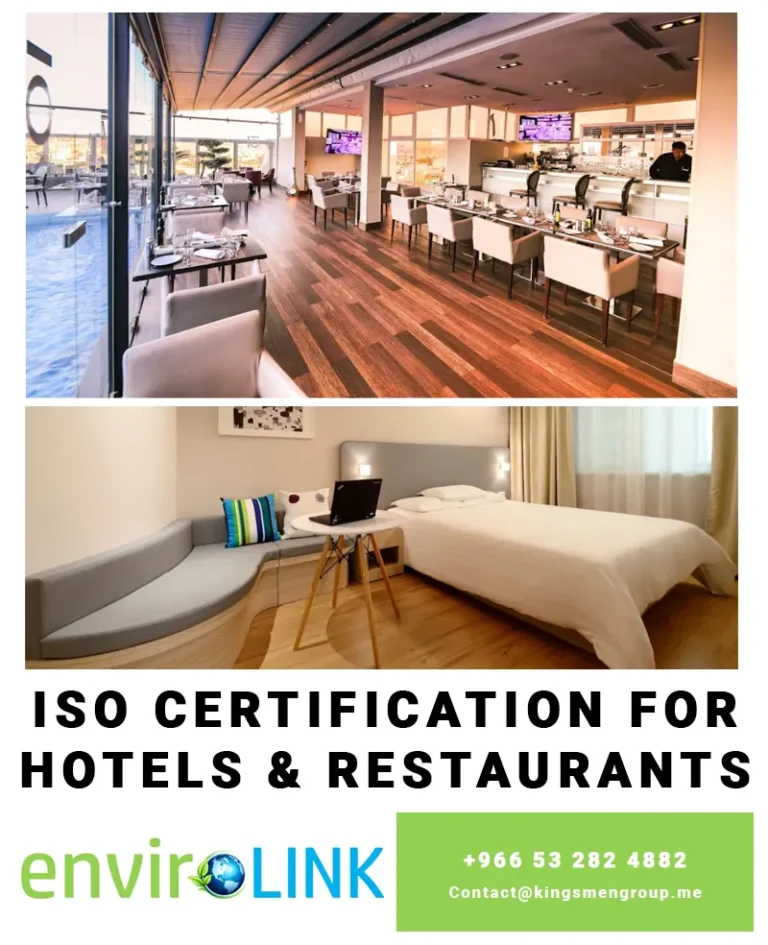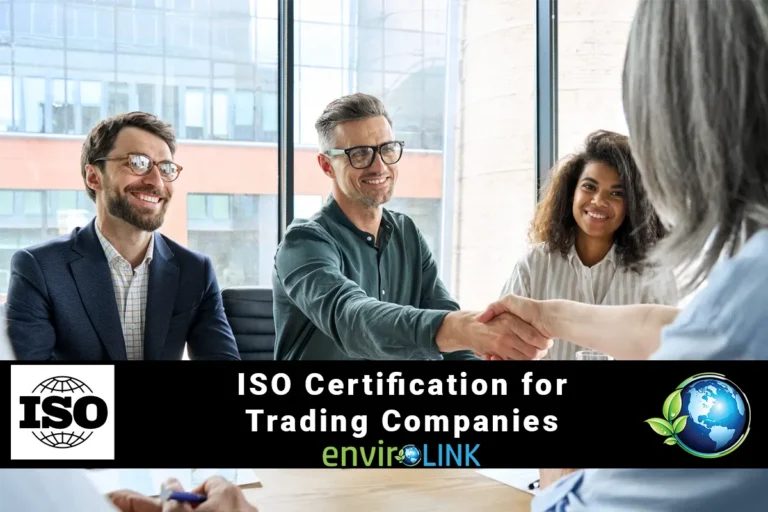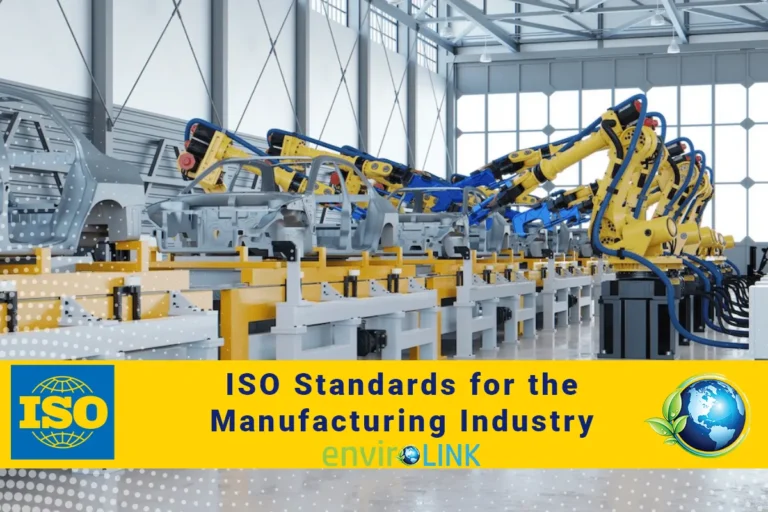ISO certification for manufacturing company serves as an integral aspect of manufacturing excellence for any organization, serving as an assurance of their commitment to both quality and operational efficiency. ISO certification provides manufacturing firms with assurance of adherence to internationally accepted standards, leading to enhanced product quality, operational efficiencies and customer satisfaction.
Manufacturing companies who achieve ISO certification demonstrate their dedication to maintaining high standards and continuous improvement, not only bolstering credibility but opening doors to new markets and opportunities as well. Saudi Arabia’s manufacturing sector is rapidly developing, so ISO certification offers companies in this region an edge by adhering to best practices and regulatory requirements from around the globe. Adopting ISO accreditation as part of their long-term growth strategies should be seen as an investment.
Importance of ISO Certification for Manufacturing Company
ISO certification for manufacturing company provides a raise for operational standards and market reputation with an invaluable framework for implementing best practices and maintaining consistent quality across processes.
By obtaining ISO certification, manufacturing firms demonstrate their dedication to meeting international quality standards – something that can significantly build customer trust and satisfaction levels. It not only streamlines production processes but also fosters an environment conducive to continuous improvement and operational excellence.
Manufacturing firms in Saudi Arabia find ISO certification especially useful as it aligns them with global standards, helping their businesses remain competitive in an ever-more globalized economy. Furthermore, ISO certification helps meet regulatory compliance and opens doors into new markets – ultimately becoming a strategic asset that drives efficiency, improves product quality, and fosters sustainable growth within manufacturing firms.
Understanding Standards of ISO Certification for Manufacturing Company.

ISO standards play an integral part in helping manufacturing firms strive for operational excellence and global competitiveness. ISO certification for a manufacturing company represents more than just an endorsement; it represents their dedication to upholding internationally recognized standards that promote consistency, efficiency, and customer satisfaction.
ISO 9001 Quality Management Systems
Focusing on developing effective quality management systems. Ensuring manufacturing processes consistently meet customer requirements. Enhancing product quality and operational efficiency through continuous improvement.
ISO 14001: Environmental Management Certification.
Provides guidelines for effectively handling the environmental responsibilities of manufacturers. Assist them with reducing their environmental footprint by improving resource utilization and waste disposal. Promote compliance with environmental regulations while supporting sustainability initiatives.
ISO 45001 Occupational Health and Safety Management System.
Address health and safety risks within the workplace. It aims at creating a safer working environment by identifying and mitigating potential hazards. Brings about better employee well-being while decreasing workplace accidents or absenteeism.
Get Your Manufacturing Company ISO Certified With Us!

EnviroLink excels at elevating businesses through expert ISO certification consultancy services. We offer customized solutions designed to lead companies smoothly through the certification process and ensure compliance with key ISO standards such as 9001, 14001, and 45001. Our approach starts by conducting an in-depth initial assessment to assess your specific needs and challenges before designing tailored strategies to address those requirements in an efficient and straightforward way.
EnviroLink provides comprehensive support from initial assessment through to certification that enhances quality management systems, environmental responsibility, and occupational health and safety practices. Our services lead to improved operational efficiencies, reduced risks, and a stronger market position – essential elements for sustainable growth and industry excellence. Partnering with us equips your organization with all of the tools it needs for long-term growth and industry leadership – not simply compliance milestones such as ISO certification for manufacturing company, but as strategic advantages that contribute to long-term success and propel it into leadership status in its industry.
Four Essential Steps for ISO Certification
Acquiring ISO certification for a manufacturing company may seem intimidating initially, but breaking it down into manageable steps makes the journey less daunting. By breaking it into four key stages, manufacturing companies can streamline their efforts and focus on what truly matters. While the journey might appear complex at times, breaking it into four steps simplifies getting there more than you ever anticipated!
Select an ISO Standard
The initial step should be selecting an ISO standard that fits with your business objectives. Whether that be ISO 9001 for quality management, 14001 for environmental management, or 45001 for occupational health and safety – selecting one with appropriate requirements will guide implementation efforts successfully.
Perform a Gap Analysis
To conduct a gap analysis, compare your current processes against those set forth by an ISO standard and identify areas which require improvement or adjustment to fulfill certification criteria. By pinpointing gaps, your efforts can focus more effectively.
Implement and Document Changes
Upon reviewing the findings from your gap analysis, implement any required changes across your organization based on these findings. This step involves changing processes, procedures, and policies to conform with ISO standards; documenting each change thoroughly will assist during an ISO certification audit review process.
Prepare and Undergo a Certification Audit
Once all other steps have been completed, the last step should be preparing and undertaking the certification audit. First, conduct an internal audit to make sure that all processes comply with ISO standards before scheduling an official certification audit by an accredited certification body. Once this step has passed successfully, your company may receive ISO certification, proving your commitment to quality and continuous improvement.
Benefits of ISO Certification for your Business

ISO certification can be an effective means of elevating both performance and credibility for any organization, with tangible rewards that extend far beyond certification itself. Acquiring ISO status shows your dedication to meeting international standards and could bring numerous advantages for you in multiple ways.
Navigating Compliance Certification
ISO certification allows your business to stay compliant with relevant regulations and standards, helping protect it against legal challenges or fines that might otherwise arise from breaking them. By adhering to established guidelines, an ISO certification for manufacturing company shows commitment to upholding high standards of practice and compliance – an initiative that could protect it against legal challenges while strengthening relationships with regulatory bodies.
Creating a Culture of Excellence
ISO certification creates a culture of continuous improvement within an organization. By encouraging regular reviews and updates of processes, ISO ensures your operations stay efficient and effective while staying ahead of industry trends.
Unlocking Doors for New Opportunities
Acquiring ISO certification for manufacturing company can significantly expand your market reach. Many clients and partners require ISO certification as a requirement of collaboration, making certification essential in unlocking new business opportunities and expanding into new markets. It will strengthen your competitive edge and open doors to meaningful partnerships that may increase business.
Enhancing Prestige of Your Brand
ISO certification can add credibility and trustworthiness to your company by showing commitment to quality and excellence. Customers, partners, and stakeholders will recognize your adherence to internationally accepted standards, which builds relationships while improving brand image.
Elevating Operations for Peak Efficiency
ISO certification enhances operational efficiency within your organization by streamlining business processes. By standardizing procedures and practices, errors are reduced while costs decrease, leading to improved overall effectiveness, which contributes to both productivity gains and increased bottom lines.
Setting the Stage for Sustainable Growth
ISO certification can put your company on a trajectory toward long-term growth and prosperity. By adhering to standards set by ISO, your operations can benefit from continuous improvement while upholding high levels of quality and performance – furthering your competitive edge while helping reach long-term business objectives.
Overcoming Hurdles of ISO Certification for Manufacturing Companies
 ISO certification can improve operational efficiencies, increase market credibility, and meet regulatory compliance. Unfortunately, though, certification can present many hurdles; understanding them and knowing how to overcome them will make your journey to certification smoother and more successful.
ISO certification can improve operational efficiencies, increase market credibility, and meet regulatory compliance. Unfortunately, though, certification can present many hurdles; understanding them and knowing how to overcome them will make your journey to certification smoother and more successful.
Understanding and Applying Standards
One of the primary challenges associated with ISO certification for manufacturing company is understanding and applying its standards, specifically ISO 9001 for quality management and 14001 for environmental management – each one has different requirements that need to be considered when meeting certification.
To address this challenge, investing in comprehensive training for your team is vital. Consulting ISO consultants or attending workshops may give an in-depth knowledge of standards, while ISO certification tools and resources may facilitate implementation with tailored advice tailored specifically for your industry.
Resource Allocation and Costs
ISO certification for manufacturing companies can be costly in both time and resources. This process typically includes updating procedures, training employees, and possibly purchasing new technologies or systems to conform with ISO standards.
Carefully consider both budgeting and planning to ensure effective cost control. Conduct a cost-benefit analysis in order to understand potential investments and returns; consider staged implementation, where critical areas will be addressed first and gradually towards compliance; this strategy helps spread costs more equitably while optimizing resource allocation more efficiently.
Resistance to Change
Change management presents another significant challenge. Employees and management alike may resist changes required for ISO certification out of fear or discomfort with unfamiliar processes or practices.
In order to ease resistance, cultivate an atmosphere of openness and engagement among staff members. Communicate the advantages of ISO certification clearly while including employees in its implementation process. Training courses demonstrating how changes will help their daily work can also alleviate resistance; regular engagement between management and staff and addressing concerns directly is another effective strategy that may facilitate an easier transition.
Maintaining Compliance
Acquiring ISO certification for manufacturing company is just the first step; maintaining it and continuous improvement requires constant effort and monitoring to stay compliant and improve.
Create an efficient internal audit system to regularly assess compliance with ISO standards. Developing and following through with an active continuous improvement plan will assist with adapting to any shifts or shifts in industry practices or standards, encouraging employee feedback for continuous process enhancement and refinement while engaging employees as critical partners for continuous process and practice refinement.
Documenting and Record-Keeping
ISO standards require manufacturers to keep meticulous documentation, which may be burdensome. Proper documentation serves a crucial function: showing compliance during audits while showing your commitment.
Develop and deploy an organized documentation system in order to efficiently organize records. Utilize digital tools designed for ISO documentation to ease this process while ensuring all documentation remains up-to-date and readily available for audits or reviews.
Partner Compliance from their Supplier
Manufacturers rely heavily on suppliers and partners who must also comply with ISO standards; it can be challenging to ensure these external entities meet them all.
Set clear expectations and criteria for suppliers and partners regarding ISO compliance. Include these in contracts or agreements and periodically evaluate supplier performance against ISO standards to support your certification goals.
Benefits of Tailored ISO Solutions for Saudi Manufacturing Firms
Custom ISO solutions are tailored to address the unique challenges and needs of Saudi manufacturing firms. ISO certifications such as ISO 9001 for quality management, 14001 for environmental management or 45001 for occupational health and safety can assist companies in streamlining operations while cutting wasteful practices and improving overall performance.
Saudi manufacturers can increase their competitive edge in both local and global markets by adopting tailored ISO solutions. Such certifications demonstrate commitment to excellence and can build customer trust while meeting regulatory compliance requirements, thereby decreasing legal issues or operational disruption risks.
Partnering with EnviroLink to streamline the certification process can make all the difference, with expert guidance and assistance at each step. Their tailored approach ensures ISO solutions align perfectly with each manufacturing firm, opening doors to sustained growth in an increasingly competitive industry.
The Secret to Sustain ISO Compliance
Sustaining ISO compliance involves regularly conducting internal audits and investing in employee training programs. Internal audits ensure processes conform to ISO standards by quickly detecting any deviations that arise and making necessary corrections immediately; proactive measures help identify any obstacles to maintaining certification while safeguarding its validity; and training sessions ensure employee knowledge remains up-to-date on the latest standards and best practices.
Education and understanding the roles everyone has in upholding compliance are both integral parts of creating an organizational culture of quality, but strong management commitment is equally as necessary for building this culture of quality and fulfilling ISO requirements on an ongoing basis.
Conclusion
ISO certification can transform manufacturing operations by adhering to global standards that improve quality, efficiency, and customer service. Certification provides an edge by aligning with international best practices and regulations while opening doors to new market opportunities in Saudi Arabia’s growing manufacturing sector. With EnviroLink’s expert assistance as a guide through this certification process, the certification process becomes straightforward, ensuring long-term growth while optimizing efficiency for industry leadership.
EnviroLINK is your trusted partner in harnessing the benefits of Integrated ISO Management System Audits. From streamlined processes to enhanced compliance and stakeholder confidence, integrated audits offer a myriad of advantages for organizations seeking to elevate their IMS performance. Partner with EnviroLINK to unlock efficiency, excellence, and sustainable success across KSA, UAE, Oman, Qatar, India, and beyond.


